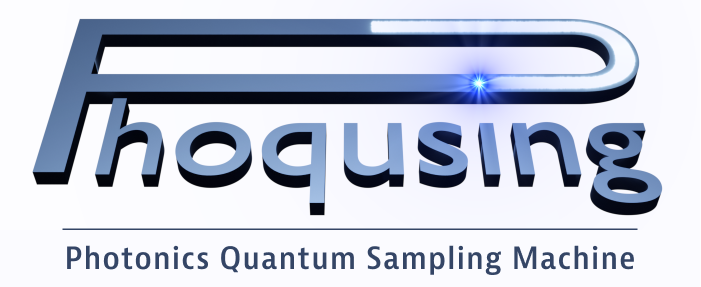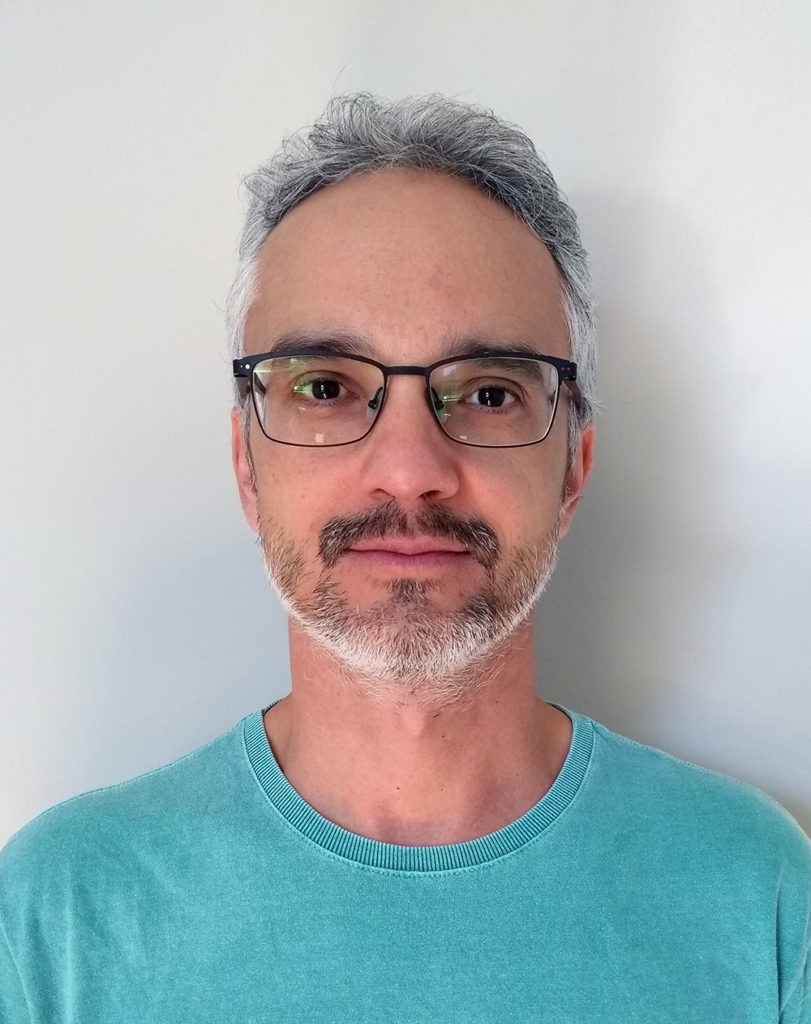
Principal Investigator: Ernesto F. Galvão
Ernesto Galvão is the leader of the Quantum and Linear-Optical Computation group at the International Iberian Nanotechnology Laboratory (INL) in Braga, north of Portugal. He holds degrees in physics from the University of Oxford (PhD), Federal University of Rio de Janeiro (Master’s), and Pontifical Catholic University of Rio de Janeiro (Bachelor’s). He is currently on leave from the Instituto de Física of Fluminense Federal University (Brazil), where he has been faculty since 2006. In his research he studies different quantum computational models to identify and quantify resources capable of achieving a quantum advantage in information processing. He is particularly interested in photonic implementations of quantum computers, with a long track record of experimental/theoretical collaborations investigating light-based quantum information processors. His contributions to the project are on the theory side, especially in WP1, WP2, and WP6.
Team members involved in PHOQUSING:
Rui Soares Barbosa 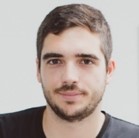 (Researcher)
(Researcher)
Wagner Balthazar, Postdoc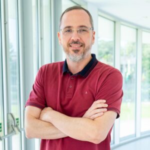
Wagner Balthazar is working to develop efficient algorithms for the simulation of linear-optical quantum computers (WP1 and WP7).
Anita Camillini, PhD student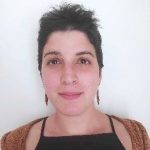
Anita is studying photonic fusion gates and other linear-optical protocols that may be implemented as part of WP7, and has contributed to studies of architectures for manipulation of resource states (WP2).
Filipa Cavaco Peres, PhD student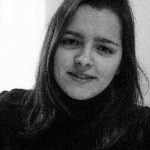
Filipa is studying hybrid quantum computation schemes, in particular Pauli-based computation, as possible candidates for implementation in photonic devices (WP7).
Carlos Tavares, Post-Doc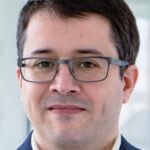
Carlos Tavares is working on machine learning techniques applied to linear-optical interferometer optimization and benchmarking (WP7).
Michael de Oliveira, PhD student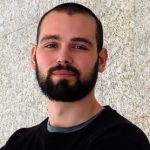
Michael is studying non-adaptive measurement-based protocols, with a view to photonic implementations (WP7).
Carlos Diogo Monteiro Fernandes, PhD student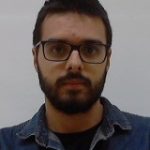
Carlos is developing high-performance code for the simulation of linear optics with Fock-state inputs (WP1).
Ana Filipa Gonçalves de Carvalho, MSc student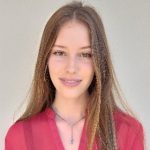
Ana Filipa is developing software for the classical simulation of linear optics with Gaussian state inputs (WP1).
Leonardo Novo, Project Partner Leonardo Novo is working on new validation techniques for boson sampling, and applications for the devices developed by PHOQUSING (WP6 and WP7).
Leonardo Novo is working on new validation techniques for boson sampling, and applications for the devices developed by PHOQUSING (WP6 and WP7).
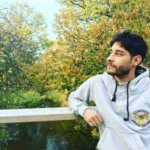 Rafael Wagner, PhD student
Rafael Wagner, PhD student
Rafael Wagner is working to clarify how different notions of non-classicality are related to the complexity of boson sampling-type experiments (WP1 and WP7).
